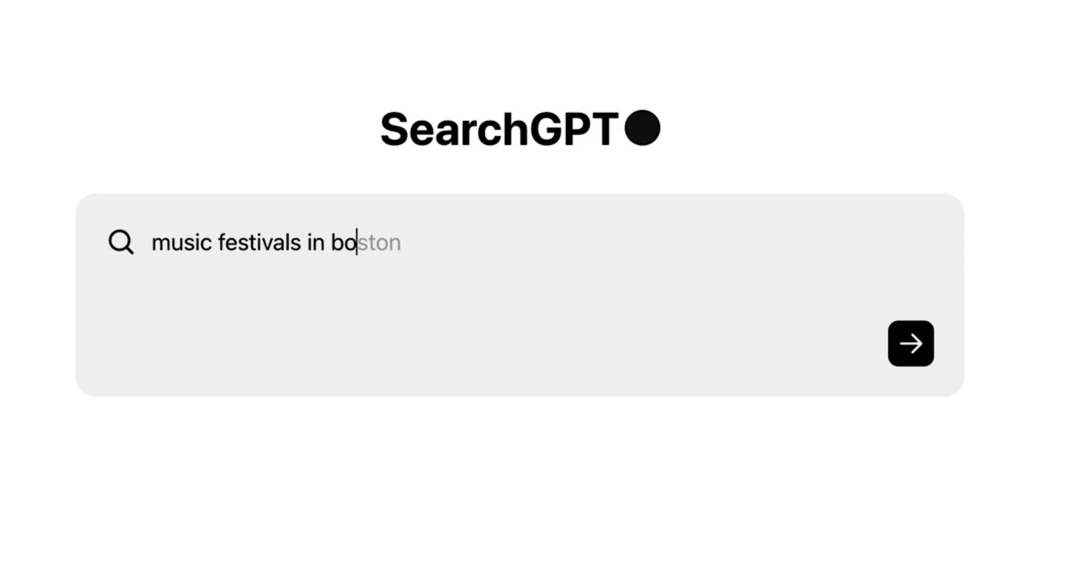The Difference Between Toxic and Abusive Relationships
Introduction
Relationships can have a significant impact on our mental and emotional well-being. While some relationships can be healthy and fulfilling, others can be toxic or even abusive. It is important to understand the difference between a toxic relationship and an abusive relationship in order to recognize the warning signs and take appropriate action.
Toxic Relationships
In a toxic relationship, one or both partners exhibit behaviors that are harmful to the other person, but it may not necessarily involve physical violence. Toxic behaviors can include manipulation, jealousy, emotional abuse, and control. In a toxic relationship, one or both partners may feel unhappy, unfulfilled, or drained by the dynamic.
Signs of a Toxic Relationship:
- Constant criticism or belittling
- Manipulative behavior
- Lack of respect or trust
- Feeling constantly drained or anxious
Abusive Relationships
An abusive relationship involves a pattern of behavior where one partner exerts power and control over the other through physical, emotional, or sexual abuse. Abuse can take many forms, including physical violence, verbal threats, isolation, and financial control. In an abusive relationship, the victim may feel trapped, scared, and unable to leave the situation.
Signs of an Abusive Relationship:
- Physical violence or threats of violence
- Controlling behavior
- Isolation from friends and family
- Constant fear or anxiety
Key Differences Between Toxic and Abusive Relationships
While both toxic and abusive relationships can be harmful, there are key differences between the two. In a toxic relationship, the harmful behavior may be more subtle and psychological, while abuse involves more overtly harmful and often physical actions. Additionally, toxic behavior may be present in both partners, while abuse is usually perpetrated by one partner against the other.
Conclusion
It is important to recognize the signs of a toxic or abusive relationship and take action to protect yourself and prioritize your own well-being. Whether you are in a toxic relationship or an abusive one, seeking help from a therapist, counselor, or support group can provide you with the resources and support you need to navigate your situation and make decisions that are in your best interest.
FAQs
Q: How can I tell if my relationship is toxic or abusive?
A: Pay attention to how you feel in the relationship. If you constantly feel drained, anxious, or fearful, it may be a sign of a toxic or abusive dynamic.
Q: What should I do if I think I am in a toxic or abusive relationship?
A: Reach out to a therapist, counselor, or support group for guidance and support. It is important to prioritize your own well-being and safety.
Q: Can a toxic relationship turn into an abusive one?
A: While all abusive relationships are toxic, not all toxic relationships are abusive. It is possible for a toxic relationship to escalate into an abusive one, so it is important to recognize the warning signs and take action early.




